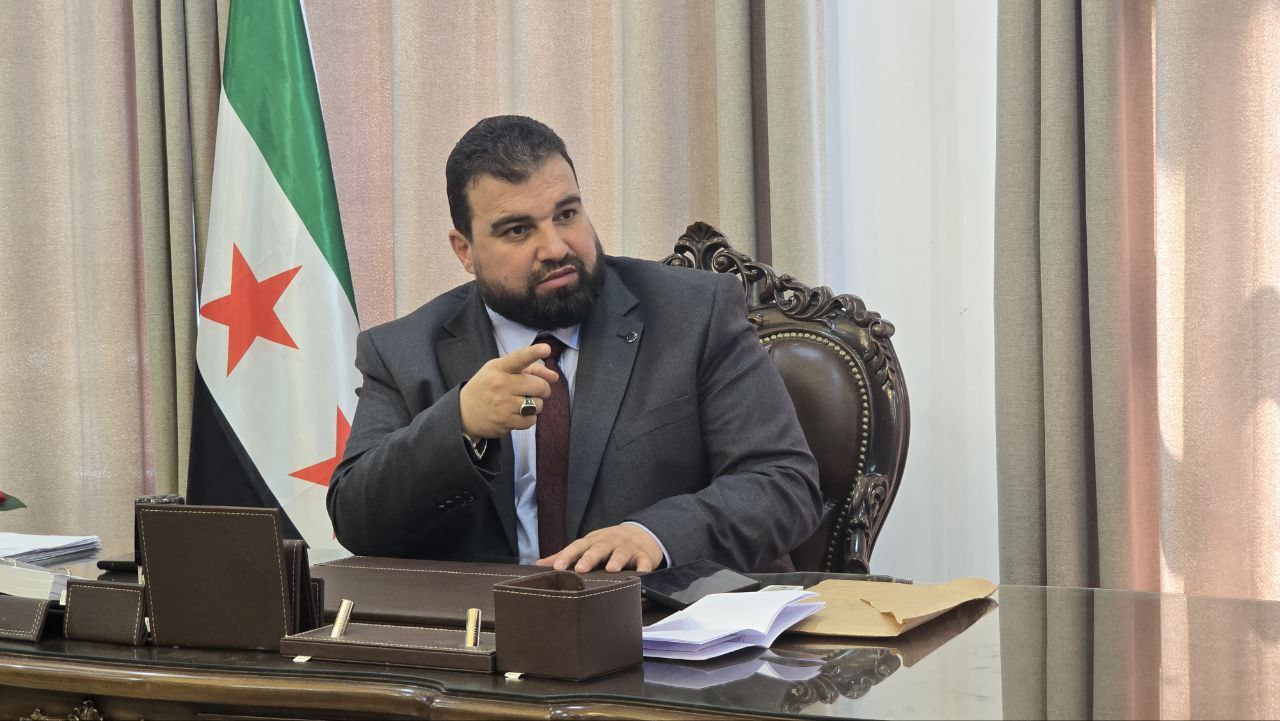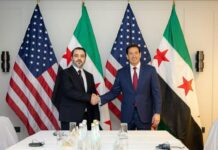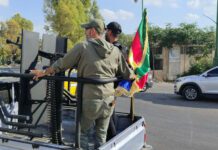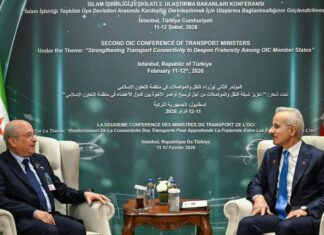
Syrian authorities and Druze leaders in Suwayda have reached a security agreement aimed at stabilizing the restive southern province, following weeks of unrest and growing public demand for reform. The deal, finalized May 1, marks a rare instance of consensus between Damascus and Suwayda’s religious leadership, though its implementation faces skepticism on the ground.
Suwayda Governor Mustafa al-Bakour confirmed that the agreement was brokered internally by local notables and religious figures, not under foreign influence—a point he stressed amid speculation of outside involvement. “Foreign backing disturbs residents,” Bakour told Syria TV, emphasizing that Suwayda’s leadership reaffirmed its commitment to Syrian unity.
The accord, reached during a meeting that included Druze spiritual leader Sheikh Hikmat al-Hajri and other senior figures, calls for the activation of internal security and judicial police, which will be composed entirely of Suwayda residents. The goal is to restore law and order without deploying external forces, an approach that speaks to local concerns over autonomy and national integrity.
According to officials, more than 700 local men have joined the General Security Administration (GSA) under the agreement. However, the so-called “Military Council” in Suwayda, a factional body with ties to former Assad regime officers, has opposed the deal, while offering no viable alternative, according to the governor.
Key provisions of the agreement include the full activation of Ministry of Interior functions within Suwayda, the deployment of local judicial police, and the securing of the Damascus-Suwayda road—an economic and strategic artery. Governor Bakour underscored that security forces would not enter the city unless public institutions were threatened.
The agreement explicitly rejects division, foreign interference, and armed chaos. Though it addresses the regulation of light weapons under state control, Druze leaders stopped short of disarmament, calling weapons a “symbol of dignity.”
Some critics, including activists and analysts, view the arrangement as fragile. Civil activist Wassim al-Hassan welcomed the inclusion of locals in security roles as a “healthy step,” while others questioned whether Damascus can enforce the terms without rekindling old grievances.
A council, representing the Druze religious authority, reiterated its rejection of sectarianism and affirmed national unity. In a joint statement, Druze sheikhs and faction leaders stressed their commitment to a Syria for all citizens, free from feuds and fragmentation. Among the prominent signatories were Hamoud al-Hanawi, Yusuf Jarbou, and Hikmat al-Hijri, along with social dignitaries and representatives of Suwayda’s most prominent military factions.
The success of the agreement now hinges on implementation. Bakour said public services would be restored within 48 hours, including medical and food supplies, signaling a return to normalcy. Still, some Suwayda residents remain cautious. While the accord could signal a turning point, its durability depends on genuine cooperation between local factions and Damascus—and on addressing economic conditions fueling discontent.








